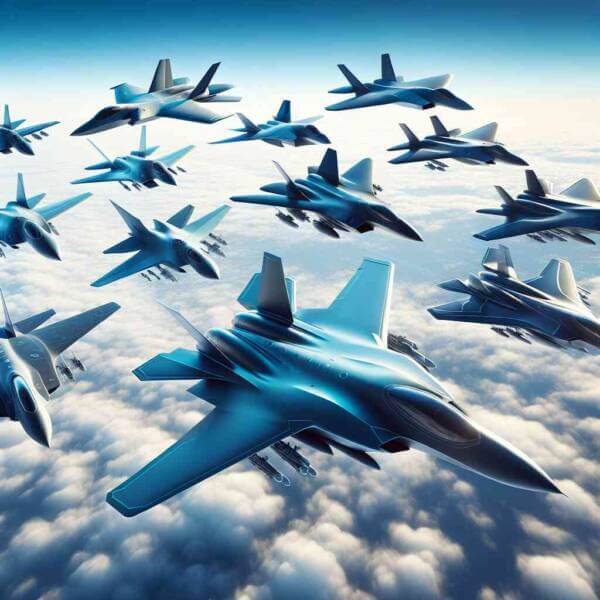Emerging Technologies in Military Aviation
Emerging Technologies in Military Aviation
Blog Article

Military aviation is a cornerstone of modern defense strategies around the world.
Today, military aviation encompasses a wide range of technologies, from fighter jets and bombers to surveillance drones and transport planes.
History of Military Aviation
Military aviation started during the early 1900s, with aircraft initially used for spying on enemy movements.
Major milestones in military aviation history include:
- First use of armed aircraft in combat
- Massive growth in air power
- The Cold War era
- Modern drone warfare
Each era brought more powerful aircraft that redefined military capabilities.
Main Categories of Military Aviation
Military aviation includes a variety of aircraft, each designed for unique purposes.
Common categories of military aircraft are:
- Fighter jets
- Bombers
- Transport aircraft
- Reconnaissance and surveillance drones
Each type plays a vital role in military operations, from supporting ground forces.
The Strategic Value of Military Aviation
Controlling the skies limits enemy movements.
How controlling the air impacts battles:
- Protecting ground forces
- Cutting off enemy resources
- Early warning and real-time data
- Demonstrating power and deterrence
Nations with strong military aviation capabilities can shape outcomes.
Technological Innovations in Military Aviation
Military aviation is at the forefront of scientific progress.
Recent innovations include:
- Aircraft designed to evade radar detection
- Hypersonic weapons
- Artificial intelligence-driven missions
- Directed energy weapons
These advancements expand mission possibilities for air forces worldwide.
Challenges in Military Aviation
Despite technological superiority, military aviation faces numerous challenges.
Pressing issues in military aviation:
- Rising development and maintenance costs
- Need for constant upgrades
- Securing digital communications and data
- Ethical concerns with autonomous weapons
Addressing these challenges is necessary for effective defense strategies.
What Lies Ahead
Nations will continue investing in space-based systems to maintain strategic visit advantages.
Likely developments:
- Autonomous mission planning
- Space as the next battlefield
- Developing sustainable aviation technology
- Joint defense projects
The next era of military aviation will shape the future of global security.
The Enduring Power of Military Air Forces
Military aviation remains a decisive factor in global defense.
As technology continues to evolve, the skies will remain a vital domain where military aviation protects nations.
The future of military aviation is full of potential — and it’s only just beginning. Report this page